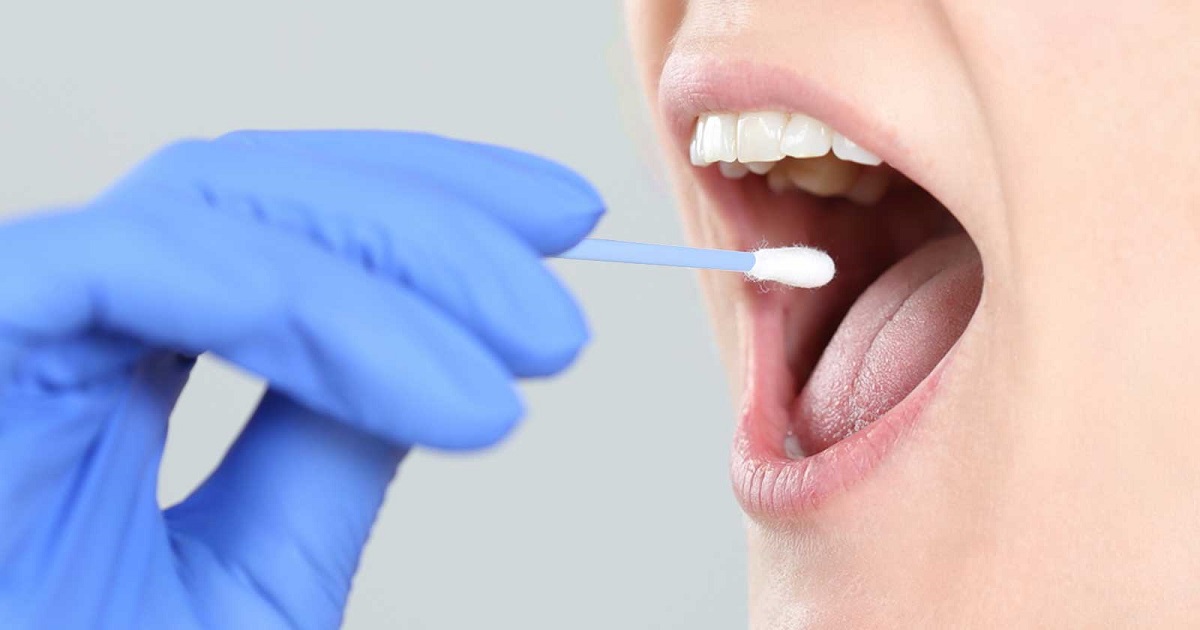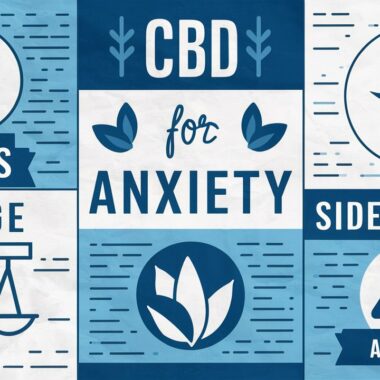The rise of hemp-derived products, legalized under the 2018 Farm Bill in the United States, has brought 0.3% often referred to as “delta-9-tetrahydrocannabinol at trace levels”-into the spotlight. This federally legal threshold distinguishes hemp from marijuana, yet it raises a critical question for users: How long does 0.3% THC stay in your system? Whether you’re enjoying a hemp-derived edible, vaping a CBD flower with trace THC, or simply curious about drug testing implications, the answer isn’t as straightforward as it seems. This comprehensive exploration combines original analysis, scientific insights, and practical considerations to deliver a nuanced understanding far beyond the generic “it depends” you’ll find elsewhere.
Understanding 0.3% THC: What It Means in Context
Before diving into detection timelines, let’s clarify what 0.3% THC represents. This percentage refers to the dry weight concentration of delta-9-THC in a hemp product, the amount you ingest or absorb. For example, a 1-gram hemp flower with 0.3% THC contains just 3 milligrams (mg) of THC. Compare that to marijuana, where THC levels often exceed 15-20% (150-200 mg per gram), and the difference is stark. Yet, even this tiny amount can trigger questions about metabolism, drug tests, and bodily retention.
THC is fat-soluble, meaning it binds to lipids in your body and lingers longer than water-soluble substances like alcohol. But with such a low concentration, does 0.3% THC even register in your system meaningfully? To answer this, we’ll explore metabolism, detection methods, and real-world variables, weaving in original calculations and scenarios for clarity.
How THC Enters and Leaves Your System
When you consume a product with 0.3% THC, whether smoked, vaped, or ingested as an edible-it enters your bloodstream and is metabolized by the liver into compounds like 11-hydroxy-THC and THC-COOH. These metabolites, not the original THC, are what drug tests typically detect. Here’s the breakdown:
- Absorption: Smoking or vaping delivers THC to your bloodstream within minutes, with peak concentrations in 10–30 minutes. Edibles take longer, peaking in 2–4 hours due to digestion.
- Metabolism: The liver processes THC rapidly, with a half-life of about 1–2 hours for the parent compound. However, metabolites like THC-COOH have a half-life of 2–7 days, depending on individual factors.
- Storage: THC and its metabolites accumulate in fatty tissues, releasing slowly over time-especially with repeated use.
- Excretion: Metabolites exit primarily through urine (65%) and feces (25%), with trace amounts in sweat and hair.
For 0.3% THC, the dose is minuscule, but detection hinges on cumulative exposure and testing sensitivity-not just a single use.
Detection Timelines: How Long Does It Stick Around?
Drug tests—urine, blood, saliva, and hair—vary in sensitivity and detection windows. Here’s an original analysis tailored to 0.3% THC, factoring in low-dose scenarios:
- Urine Tests: The most common screening method, urine tests detect THC-COOH at a cutoff of 50 NG/ML (standard) or 20 NG/ML (more sensitive). For a single use of 3 mg THC (e.g., one gram of 0.3% THC hemp flower):
- First-time users: Detectable for 2–7 days.
- Regular users (daily hemp use): Up to 2–4 weeks due to fat-stored buildup.
- Original Insight: With a single 3 mg dose, peak THC-COOH levels may barely reach 10-20 NG/ML in urine within 24–48 hours, often falling below standard cutoffs quickly. However, daily micro-dosing could push levels above detectable thresholds over time.
- Blood Tests: THC itself is detectable for 12–24 hours, while metabolites linger for 2–7 days. At 0.3% THC, blood levels are unlikely to exceed 1-2 NG/ML post-use, making detection rare beyond 48 hours unless use is chronic.
- Saliva Tests: Used roadside or in workplaces, saliva detects THC for 24–72 hours. A 3 mg dose might register briefly but typically clears within 1–2 days for occasional users.
- Hair Tests: These detect use up to 90 days as metabolites embedded in hair follicles. However, 0.3% THC’s low potency means only heavy, consistent use would likely show up.
Key Takeaway: For the occasional use of 0.3% THC products, detection windows are often under a week in urine. But frequent use mimics marijuana’s longer timelines, thanks to bioaccumulation.
Real-World Scenarios: Crunching the Numbers
Let’s ground this in practical examples with original calculations:
- Scenario 1: The Weekend Hemp Smoker
- You smoke 2 grams of 0.3% THC hemp flower (6 mg THC total) on Saturday night.
- Assuming 50% bioavailability (3 mg absorbed), THC-COOH peaks at ~15 NG/ML in urine by Sunday.
- With a 5-day half-life for metabolites, levels drop below 50 NG/ML by Tuesday and below 20 NG/ML by Thursday-likely clear for a standard test within 3–5 days.
- Scenario 2: The Daily CBD Edible User
- You take a 25 mg CBD gummy with 0.3% THC daily (0.075 mg THC per gummy).
- Over a month, you’ve ingested ~2.25 mg THC in total. Bioaccumulation keeps THC-COOH steady at 5-10 NG/ML below most cutoffs but is detectable in sensitive tests for weeks after stopping.
- Scenario 3: The Heavy Hemp Vaper
- You vape 5 grams of 0.3% THC flowers weekly (15 mg THC).
- Weekly exposure mimics low-dose marijuana use, with THC-COOH levels potentially reaching 50-100 NG/ML, detectable for 2-4 weeks post-use.
These scenarios reveal a critical insight: Frequency matters more than potency at 0.3% THC levels.
Variables That Affect Retention
Your body isn’t a standardized lab. Here’s what influences how long 0.3% THC lingers:
- Metabolism: Faster metabolisms (e.g., younger people, higher activity levels) clear THC quicker.
- Body Fat: Higher fat percentages trap more THC, extending detection windows.
- Hydration: Diluted urine may lower metabolite concentrations, though labs often flag this.
- Frequency: Single use clears fast; daily micro-doses build up.
- Product Variability: Some “0.3% THC” products exceed legal limits due to poor regulation-independent lab tests regularly find discrepancies.
Original Angle: Unlike marijuana, where high THC doses dominate detection timelines, 0.3% THC’s impact is subtle-more like a whisper than a shout. Yet, that whisper can echo longer with consistent use.
Beyond Detection: Broader Implications
What makes 0.3% THC fascinating isn’t just drug test timelines-it’s the intersection of science, policy, and lifestyle:
- Drug Testing Loopholes: Most standard tests don’t distinguish hemp-derived THC from marijuana. A positive result could lead to workplace or legal scrutiny, even if your use was legal.
- Psychoactive Effects: At 3 mg, 0.3% THC rarely causes a “high” (marijuana’s threshold is ~10-20 mg), but sensitive individuals might feel mild relaxation-raising questions about cumulative micro-dosing effects.
- Hemp Industry Growth: As of 2025, hemp product sales are booming, yet inconsistent testing and labeling keep users guessing about true THC content.
Insightful Take: The 0.3% THC threshold is a legal line in the sand, but biologically, it’s a gray zone-blurring the divide between “safe” hemp and “risky” marijuana.
How to Minimize Detection Risks
If you’re concerned about drug tests:
- Pause Use: Stop 1–2 weeks before a test for occasional use; 4 weeks for daily use.
- Hydrate Strategically: Water helps, but overdoing it risks a flagged sample.
- Choose Lab-Tested Products: Verify THC levels with third-party certificates of analysis.
- Monitor Frequency: Treat 0.3% THC like a daily vitamin-small dose add-up.
Conclusion: A Tiny Dose, A Big Question
So, how long does 0.3% THC stay in your system? For a single use, think days 2 to 7 in urine, less in saliva or blood. For regular use, it’s potentially 2 to 4-mimicking low-level marijuana exposure. This isn’t just about numbers; it’s about understanding your body, your habits, and the tools tracking them. Whether you’re a hemp enthusiast or a cautious consumer, 0.3% THC proves that even trace amounts carry weight-scientifically, legally, and personally.
Bookmark this guide for its blend of hard data and practical clarity. Share it with a friend navigating the hemp world. And next time you puff or pop a hemp product, you’ll know exactly what’s at stake.
















